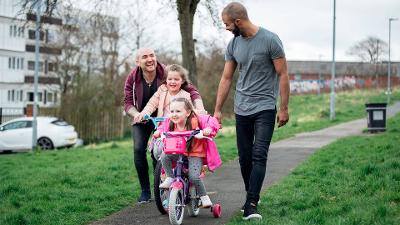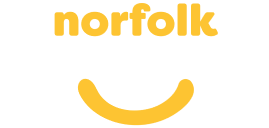Training and support

Foster carers do not need any special qualifications to get started. You do need to be able to write and speak English. And depending where you live, being able to drive might be useful.
More important to us are kind, patient people who are secure in themselves and their lives. We need people with open minds, who have a willingness to learn and who are flexible and available.
Your training starts during the pre-approval process. You'll go on our Skills to Foster training course, run at flexible times and dates, where you'll learn all about fostering. We use innovative virtual reality headsets to help you understand some of the things the children in our care might have experienced. You'll also learn about first aid and safeguarding.
The training doesn't stop after you've been approved. You'll learn new things every day from your supervising social worker and from our team of foster carer ambassadors. Our ambassadors have years of experience in fostering. They'll help you with any worries and answer any question you might have about fostering.
What training and support to expect
We run an annual programme of training covering a range of fascinating topics, such as:
- Refresher first aid
- How a baby's brain develops
- What happens to the brain during puberty
You'll also have access to:
- Specialised support from local health, education and therapeutic providers
- Specialist courses run by our Foster East council partners
- Regular visits from your supervising social worker with guidance and support
- Access to local network groups all over Norfolk
- Free membership of The Fostering Network, which provides specialist advice and support
- Support groups and activities for your own children. Foster siblings are part of the team, and hugely important to foster family life.
- Social opportunities to meet fellow foster carers based in Norfolk
- Dedicated 24-hour support from our specialist team for any queries or concerns overnight, at weekends or on bank holidays

Fostering with us

Why foster for the council

How much foster carers earn







